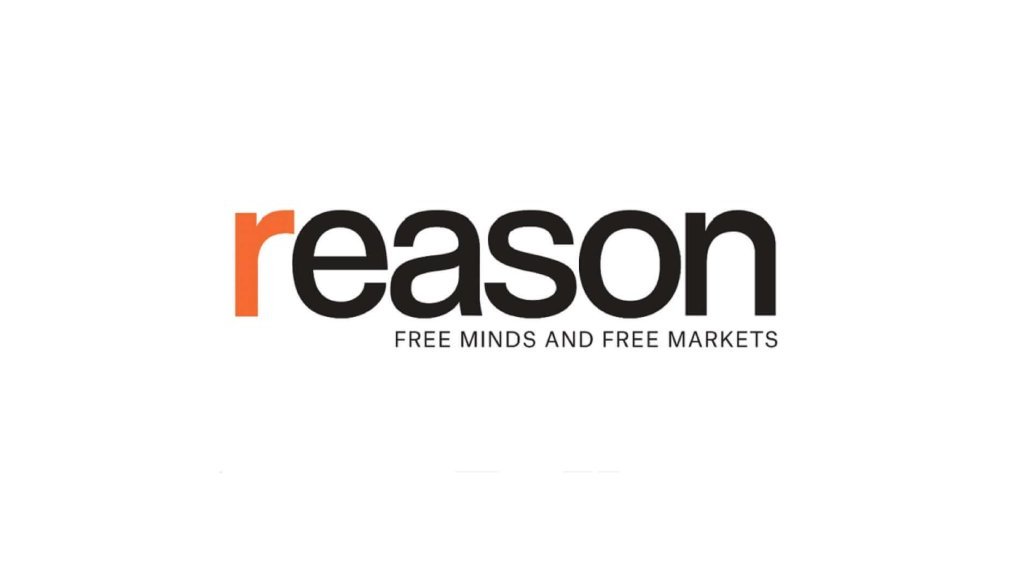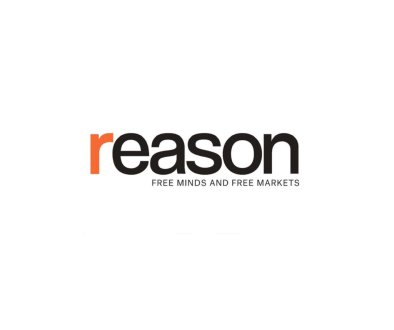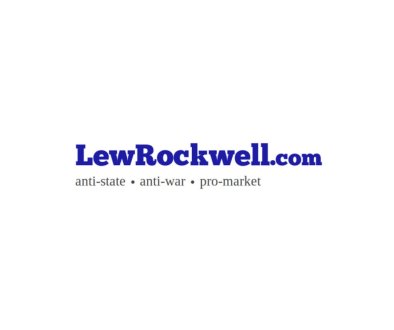Can Ultimate Frisbee Heal the Middle East?
Starting an Ultimate Frisbee league to repair a war-torn country sounds like the plot of a buddy comedy, yet it’s a reality in Iraqi Kurdistan. After German and American aid workers introduced Frisbees to the country in 2019, the sport quickly caught on. By 2023, the scrappy Duhok Shepherds team was flying to Dubai for the Middle East and North Africa (MENA) Ultimate Club Championship. It was the first time many team members had left Iraq. By November 2024, the team was competing in Doha, Qatar, their uniforms proudly displaying both the Iraqi national flag and the Kurdish tricolor.
The spread of Ultimate Frisbee testifies to a kind of Western soft power in the Middle East, one far friendlier than bombs or bullets. Invented by New Jersey high schoolers in the 1960s and popularized by hippies, the sport is now the basis of a European relief effort. Beyond those aid organizations, European players have run grassroots fundraising efforts to get the Iraqi Ultimate league off the ground. And Kurdistan is not the only part of the region in the grip of Frisbee mania. The MENA Ultimate Club Championship, a tiny affair when it debuted in 2015, now boasts over 400 players across 20 teams, representing everyone from oil-rich monarchies to stateless nations such as the Kurds and Palestinians.
“The happiest moment for me was when I was teaching an American [how to play] Frisbee from zero,” says Bakri Dasoki, a former team captain from the Iraqi Kurdish capital Erbil. “This sport was born in his country, but now I found it really funny that I was teaching him.”
Part of the sport’s appeal is its low barrier to entry: All it takes is two teams, a disc, and the simple goal of reaching the opposing team’s end zone. (Because “Frisbee” is a registered trademark, organizations often shorten the sport to “Ultimate” and call their equipment “flying discs.”) Unlike more established sports, such as soccer, Ultimate is not associated with gang violence. Its noncontact nature allows men and women to play together, even in conservative societies that frown on gender mixing. For kids and teenagers in places like Iraq, the game encourages them to leave their comfort zones, meet their peers across ethnic or religious lines, and practice conflict resolution in a low-stakes way.
Yet there are questions about how viable a sports league that relies on the goodwill of foreign donors can really be. While international charities introduced Ultimate Frisbee and continue to fund player training, the league itself is run almost entirely by volunteers. Will these local aficionados succeed at implanting Ultimate Frisbee in Kurdistan and other parts of northern Iraq? Or, once foreign interest fades, will Ultimate Frisbee become yet another failed attempt at implanting American culture in Iraq?
***
Zane Wolfang, a journalist who helped foster both the Palestinian and the Kurdish Frisbee leagues, did not have such grand ambitions when he first joined the Middle East’s nascent Frisbee scene in 2016. As an undergraduate in Delaware and Rhode Island, he found Ultimate balanced “my athletic skill set and my desire to compete” nicely with “wanting to have a social life and probably not being a Division I caliber athlete.”
After graduating, Wolfang headed to Bethlehem University to teach English as part of a Catholic volunteer program. He was excited to discover a weekly Ultimate Frisbee pickup game in Beit Sahour, a suburb of Bethlehem, run by Dan Bannoura, a Palestinian teacher who had studied physics at the University of Florida. After realizing that he was the most experienced Ultimate player there, Wolfang “sort of politely inserted myself as a volunteer coach.” From there, Ultimate came to consume Wolfang’s entire life outside work. What started as coaching at pickup games turned into a much more ambitious project to build an internationally competitive league.
“In Palestine, the ties between sports and politics are much more obvious, and it’s a place where politics prevent you from being able to accomplish simple things in the field,” Wolfang says. He was once two hours late to a practice due to the traffic caused by an Israeli military checkpoint.
An American nonprofit project, Ultimate Peace, had already been trying to bring Israeli and Arab players together since 2010. But Bannoura and Wolfang wanted to create an independent Palestinian team run for and by Palestinian players. Their efforts paid off when the World Flying Disc Federation officially recognized Ultimate Palestine as the local governing body in 2020. “It was really a proud moment, not just as an Ultimate community, but because we were doing our small part to lend to the legitimacy of Palestine as a state,” Wolfang says.
Wolfang left the West Bank after his visa expired in 2018. While working a series of odd jobs back in the U.S., he set up a nonprofit charity to raise money for his old Palestinian teammates to continue competing abroad. Wolfang learned that the German government’s International Cooperation Corporation (GIZ) had started to fund Ultimate Frisbee training in Jordan as part of its “sports for development” program. He also found out that GIZ’s office in Iraqi Kurdistan was interested in starting its own sports program. With Wolfang’s help, the German aid organization began supporting a local Frisbee league.
Dasoki, the team captain from Erbil who was then a schoolteacher, got into the sport after hearing about it from two Germans. “Of course, first thing, it was a new sport that was not around. Second, it’s a mixed one, so boys and girls can play it,” he says. “Als
Article from Reason.com

The Reason Magazine website is a go-to destination for libertarians seeking cogent analysis, investigative reporting, and thought-provoking commentary. Championing the principles of individual freedom, limited government, and free markets, the site offers a diverse range of articles, videos, and podcasts that challenge conventional wisdom and advocate for libertarian solutions. Whether you’re interested in politics, culture, or technology, Reason provides a unique lens that prioritizes liberty and rational discourse. It’s an essential resource for those who value critical thinking and nuanced debate in the pursuit of a freer society.




